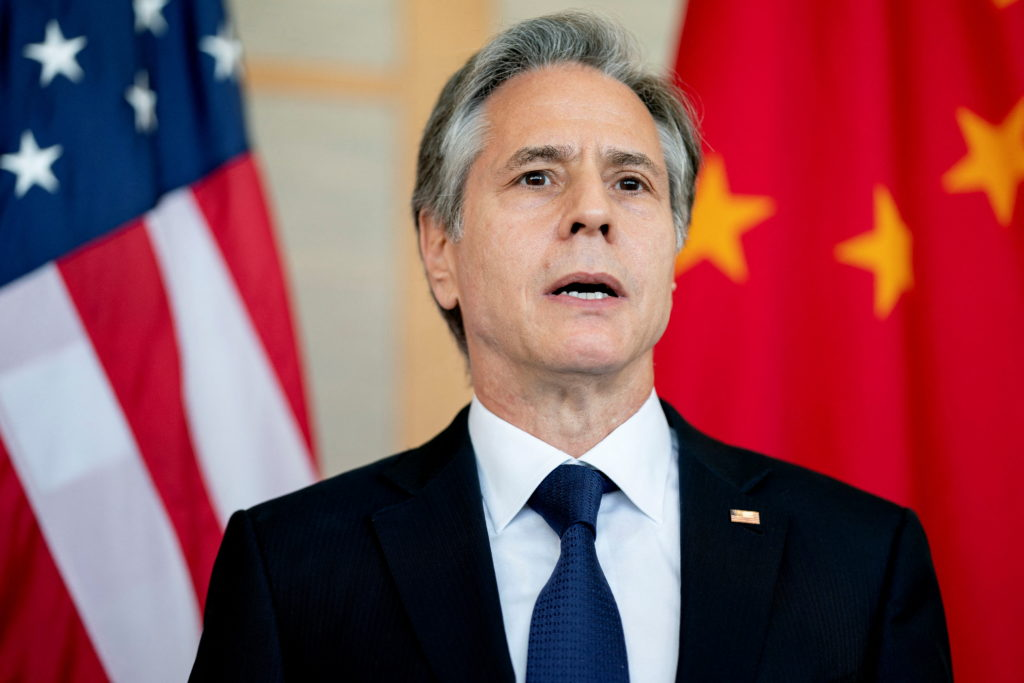Antony Blinken, U.S. Secretary of State, is set to visit China from April 24th to 26th. This marks his second visit to China in less than a year, following his previous visit in June last year. As the highest-ranking diplomat of the United States and the top cabinet official in the Biden administration, Blinken's visit to China naturally attracts attention.

Blinken's visit to China in June last year, though delayed due to unforeseen events, played a role in improving China-US relations and facilitating bilateral communication. His last visit laid the groundwork for the November summit between the leaders of the two countries.
What is Blinken's agenda during this visit? What does he hope to achieve?
According to statements from the U.S. State Department, Blinken will visit Shanghai and Beijing. The topics of discussion are wide-ranging, covering bilateral relations, regional and global issues such as the Middle East, Ukraine, and the South China Sea, and the Taiwan Question.
Based on remarks from U.S. State Department officials and media reports, in terms of bilateral relations, Blinken is expected to discuss military communication, artificial intelligence, personnel exchanges, and drug enforcement.
Blinken will affirm that despite differing opinions between China and the U.S. in many areas, it is crucial for both countries, as major powers, to "responsibly manage competition." In fact, the Chinese government has consistently emphasized the need for effective management of differences between China and the U.S.
On regional issues, particularly regarding the South China Sea and Taiwan Province, Blinken is expected to reiterate the longstanding positions of the U.S. government.
Regarding global issues, Blinken's visit may focus on the situation in Ukraine.
As for the outcome of this visit, senior U.S. State Department officials have indicated a "realistic attitude" towards the possibility of breakthroughs on these issues. However, the U.S. hopes to continue using diplomatic means to promote communication and prevent misjudgments.
Indeed, the relationship between China and the U.S. is both important and complex. Expecting significant breakthroughs from a single visit by senior officials is unrealistic. What's crucial is maintaining communication. As Xie Feng, Chinese Ambassador to the U.S., recently stated, from traditional areas such as trade and agriculture to emerging fields like climate change and artificial intelligence, there are extensive common interests and opportunities for mutually beneficial cooperation between China and the U.S. Both sides should advance cooperation with a spirit of reciprocity, manage differences with caution, and turn the "San Francisco vision" into reality, promoting stable, healthy, and sustainable development of China-U.S. relations.
Source: Yangcheng Evening News

















